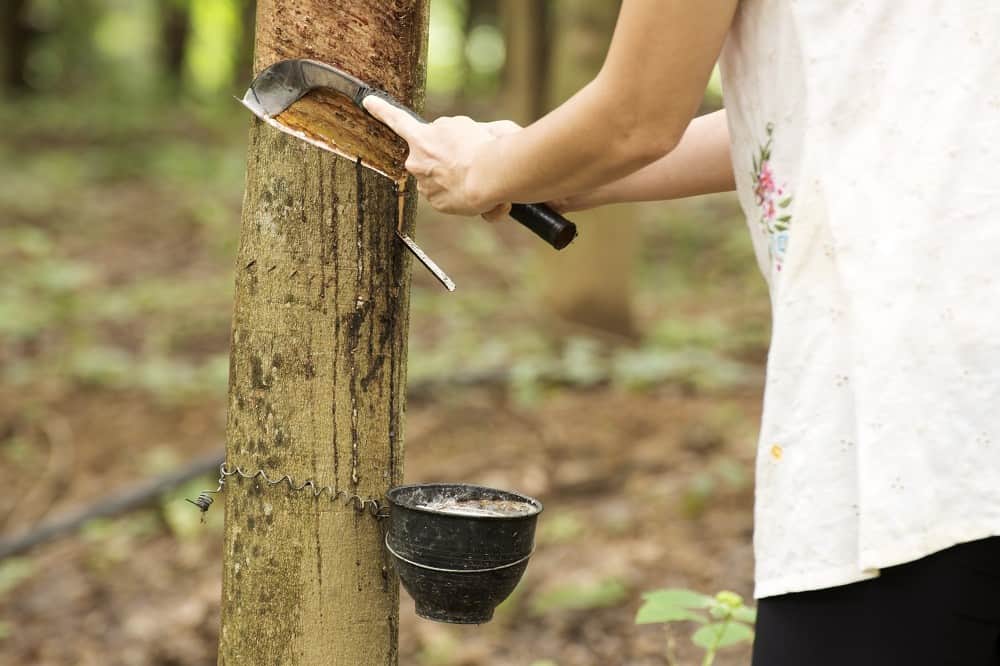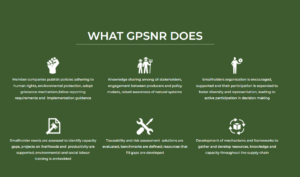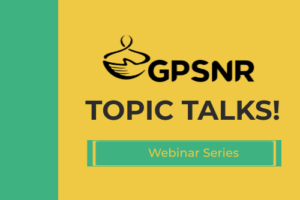Since its establishment a few months ago, the Smallholders Representation Working Group has been working consistently and collectively to accomplish its mission. The group has been actively involved in understanding, strategizing and testing the methods by which the platform can ensure adequate and relevant smallholder inclusion.
In its work to date, the group has selected 11 Working Group members as “Country Champions” who have extensive regional knowledge regarding the rubber supply chain. These members have been in charge of conducting interviews of various smallholder associations and organizations in their assigned country or region. The Working Group also refers to these “Country Champions” as “GPSNR Ambassadors” because of the role they play in creating awareness about the platform. In the past few months, they have helped promote the platform internationally, specifically in Natural Rubber producing countries, by interacting with several organizations, companies and government authorities in different regions of the world. This in turn has helped create curiosity and interest regarding the platform with local stakeholders and in the international rubber community.
To further this process, the Working Group is currently planning on organizing a series of workshops in various rubber producing regions of the world, including Indonesia, Thailand and Vietnam in Asia Pacific, Brazil in Latin America and Cote d’Ivoire, Ghana and Liberia in Africa. The objective of these workshops will be to understand the local needs and motivations of smallholders and onboard organizations representing smallholders to join the platform. The Working Group agreed these workshops will be a chance to facilitate an open and constructive discussion between the participants, including smallholders, smallholder representatives and other rubber stakeholders. By organizing multiple workshops in different regions of the world, the Working Group is trying to ensure appropriate coverage of the vast and diverse global natural rubber supply chain.
Through these workshops and the onboarding work done by the Country Champions, the group will be able to identify relevant smallholder representatives, in view of onboarding them as GPSNR members, to ensure smallholders representation in the GPSNR governance is achieved by the next General Assembly in March 2020.
It has been encouraging to see volunteer members of the Working Group actively participate and contribute to fulfill the tasks and responsibilities assigned to the team. Going forward, the Working Group Co-chair expects more involvement of the members as the group implements its developed action plan of organizing regular events like the regional workshops aimed at the betterment of Rubber Smallholders.







